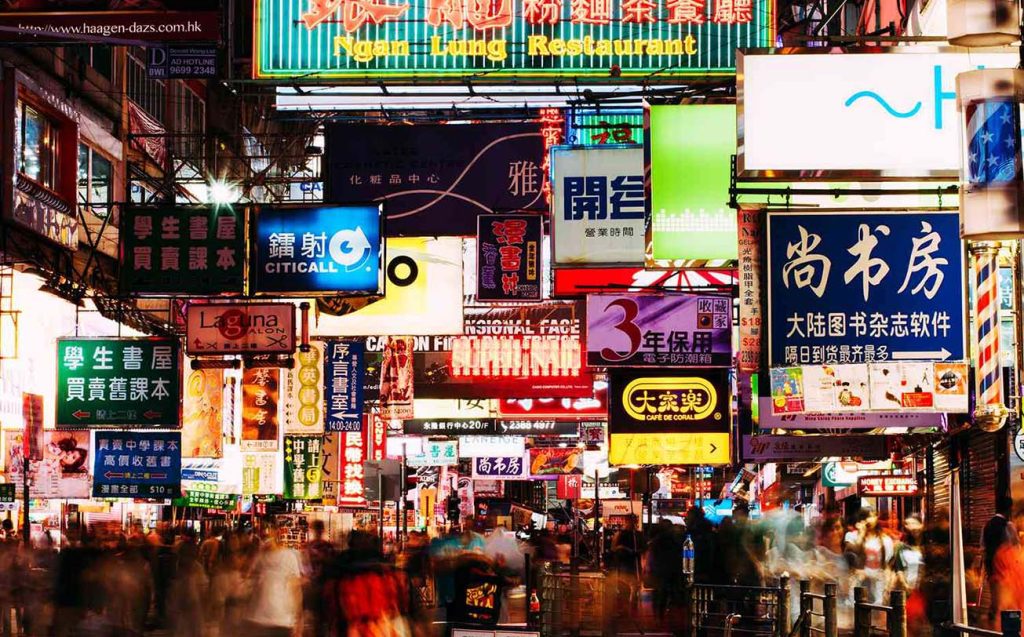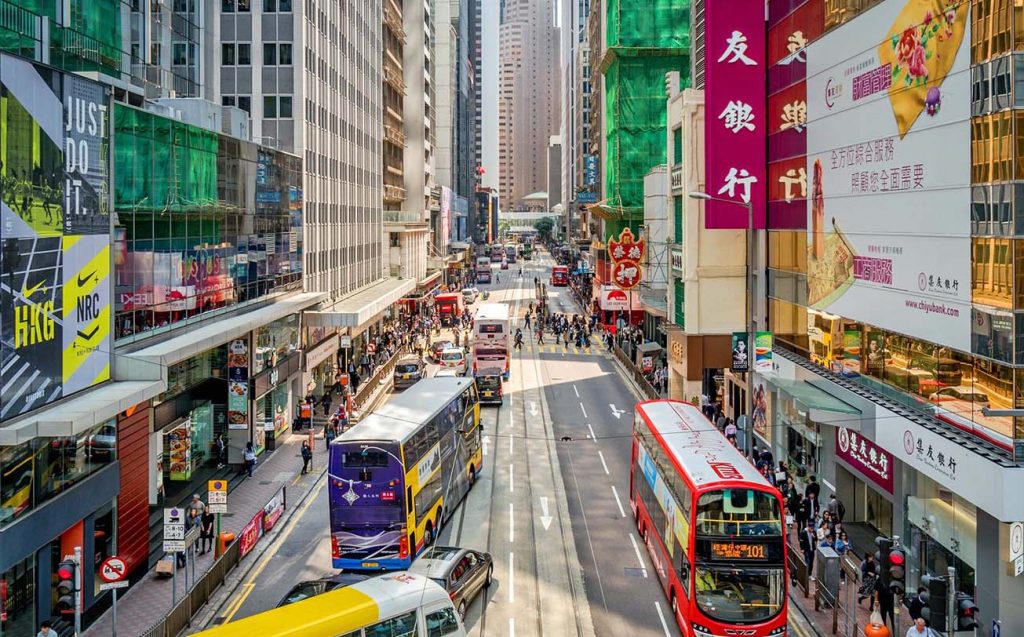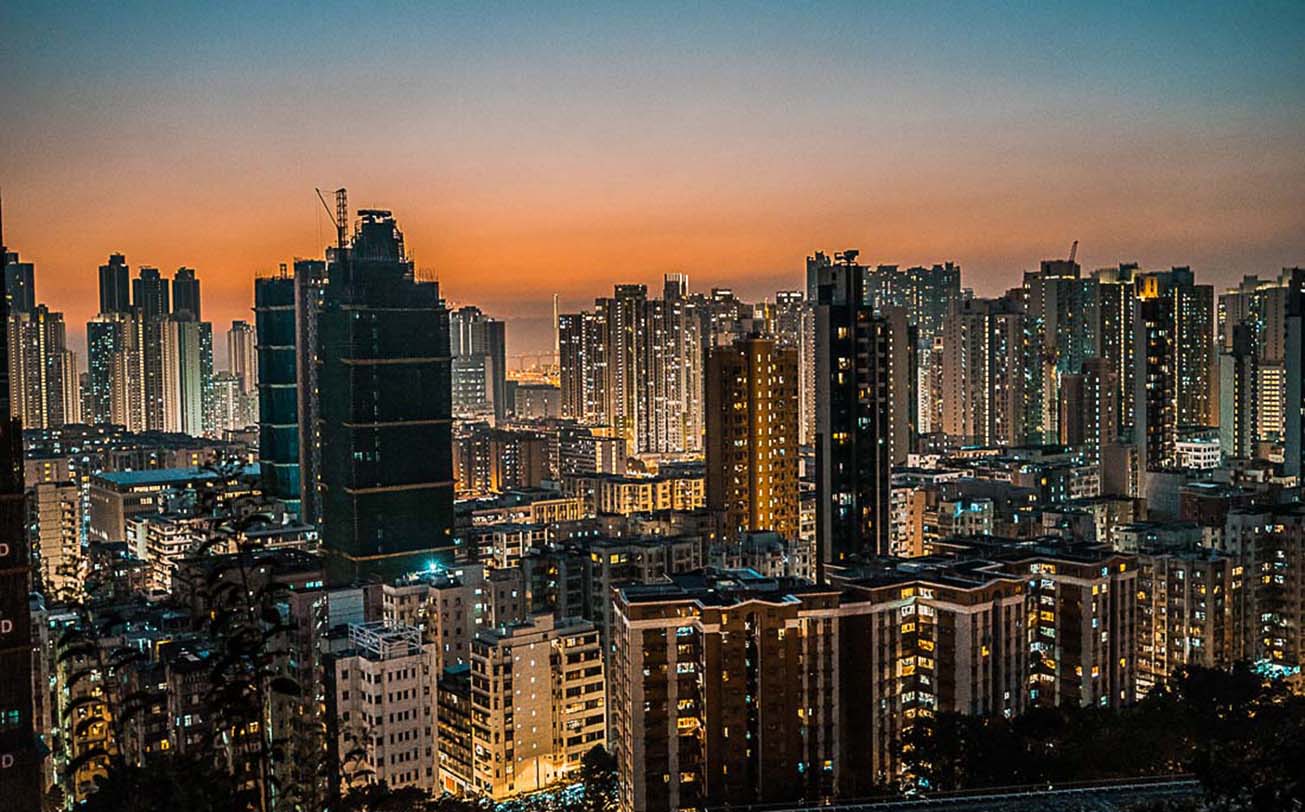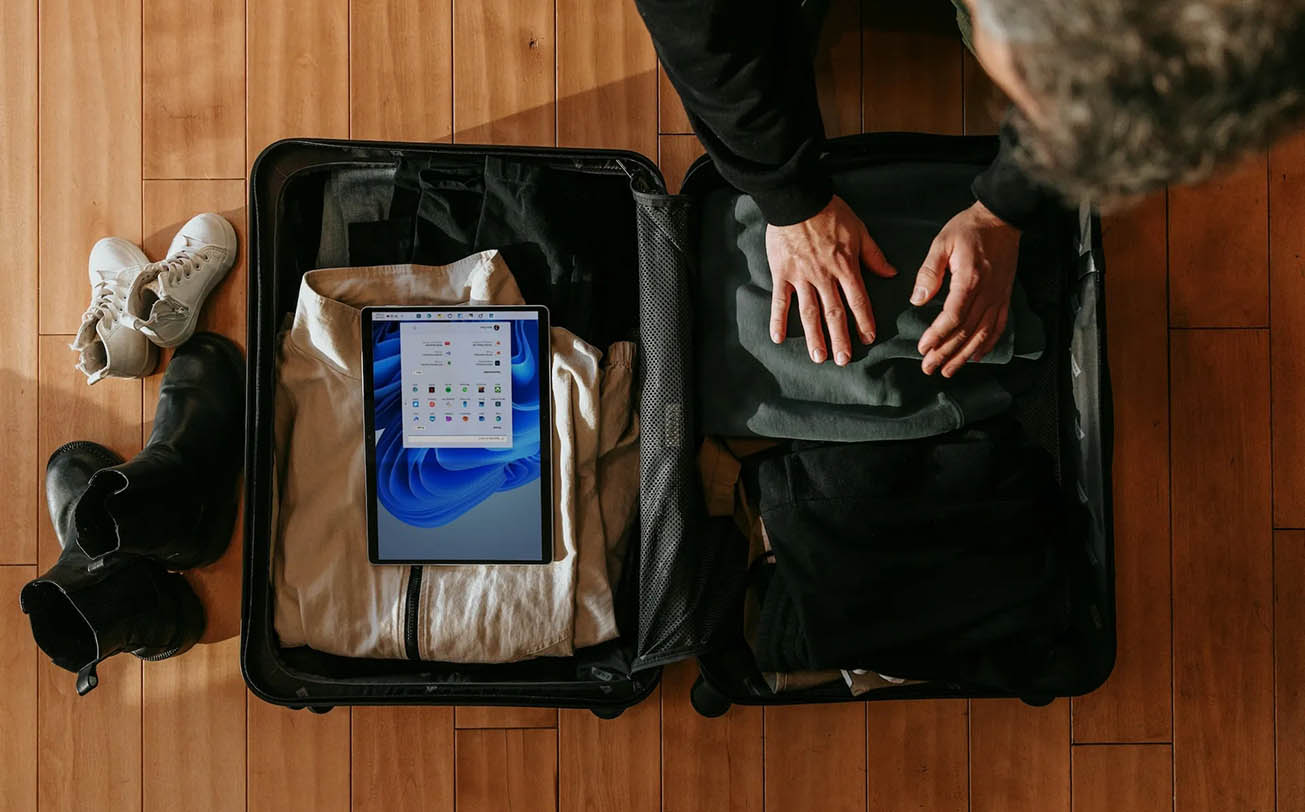Hong Kong, with its dynamic blend of Eastern and Western cultures, stunning skyline, and vibrant street life, is a dream destination for many travelers. I have some valuable insights and recommendations to help you get the most out of your travel budget while experiencing the best of Hong Kong.
Packing Essentials
Before we dive into budget travel specifics, let’s start with some essential items and considerations for your trip:

What to Wear
Hong Kong is a fashion-forward city, and the locals take pride in their appearance. While there’s no strict dress code, it’s a good idea to dress neatly and comfortably, especially when visiting temples, upscale restaurants, or formal venues. Don’t forget to pack comfortable walking shoes for exploring the city’s neighborhoods and bustling streets.
Understanding the Weather
Understanding Hong Kong’s weather is crucial for planning your trip. The city experiences a subtropical climate with distinct seasons:
- Spring (March to May): Mild and pleasant weather with occasional rain.
- Summer (June to August): Hot and humid, with frequent rainfall and occasional typhoons.
- Autumn (September to November): Comfortable temperatures, lower humidity, and less rainfall.
- Winter (December to February): Cool and dry, with temperatures occasionally dropping to around 10°C (50°F).
Consider the weather when packing, and always check the local forecast before your trip to be prepared for any unexpected changes.
Embracing Local Culture
Language
While the official languages are Chinese (Cantonese) and English, you’ll find that many locals speak Cantonese and English to varying degrees. Learning a few basic Cantonese phrases can go a long way in earning respect and making your interactions with locals more enjoyable.
Etiquette
Hong Kongers value politeness and respect in social interactions. It’s customary to greet people with a slight nod or handshake. When visiting temples or sacred places, dress modestly and remove your shoes before entering. Tipping is also customary, with 10% of the bill being a common practice in restaurants.
Exploring Local Cuisine
Hong Kong is renowned for its culinary delights. Don’t miss the opportunity to savor the city’s famous dim sum, roast meats, seafood, and street food. While dining at high-end restaurants is a treat, some of the best culinary experiences can be found at local street vendors and dai pai dongs (open-air food stalls).
Travel Gear Essentials
Currency Exchange
Before embarking on your trip to Hong Kong, it’s advisable to exchange a small amount of Hong Kong dollars (HKD) at your local bank or a currency exchange office. This initial exchange will cover your initial expenses upon arrival. Once you’ve arrived in Hong Kong, you’ll discover a multitude of currency exchange counters conveniently located at the airport, major shopping districts, and within various banks throughout the city.
It’s worth noting that Hong Kong boasts a widespread network of ATMs that offer competitive exchange rates. Therefore, you can rely on these ATMs for currency conversion during your stay. To ensure a seamless experience with your credit or debit card while abroad, it’s a prudent step to notify your bank about your travel plans in advance. This precautionary measure helps prevent any potential issues or disruptions in using your cards while exploring the vibrant streets of Hong Kong.
Setting a Budget
Setting a daily budget is a smart way to manage your expenses in Hong Kong. Consider your accommodation costs, meals, transportation, activities, and a little extra for unexpected expenses. Sticking to a budget will help you enjoy your trip without worrying about overspending.
Using Public Transportation
Hong Kong’s efficient public transportation system is the most cost-effective way to explore the city. The Mass Transit Railway (MTR) is the backbone of the transport network, covering Hong Kong Island, Kowloon, and parts of the New Territories. Purchase an Octopus Card at the airport or MTR stations for easy access to buses, trams, ferries, and the MTR. The card can be topped up as needed, reducing the hassle of purchasing single tickets for each ride.

Savoring Street Food
Sampling Hong Kong’s street food is a must for any budget-conscious traveler. From fish ball skewers to egg waffles and savory dim sum, the city’s streets are a treasure trove of culinary delights. While street food is generally safe to eat, be mindful of cleanliness and hygiene. Opt for stalls with a steady stream of customers to ensure freshness.
Staying Connected
Stay connected in Hong Kong by getting a local SIM card. You can purchase SIM cards at the airport, convenience stores, or mobile service providers’ shops. These cards offer data, calls, and texts at competitive rates, allowing you to navigate the city, access maps, and stay in touch with loved ones.
Crafting Your 5-Day Mini Itinerary
Hong Kong offers a diverse range of attractions, from bustling markets and historic sites to serene parks and scenic vistas. Here’s a sample 5-day itinerary to help you make the most of your visit:
Day 1: Exploring the Heart of Hong Kong
- Morning: Start your trip by visiting the iconic Victoria Peak. Take the Peak Tram for panoramic views of the city.
- Afternoon: Explore Central’s colonial-era architecture, including the Former Legislative Council Building.
- Evening: Savor a delicious dinner at a local restaurant in Central and experience the city’s vibrant nightlife.
Day 2: Cultural Immersion
- Morning: Visit Man Mo Temple in Sheung Wan to soak in the rich Taoist culture.
- Afternoon: Head to Wong Tai Sin Temple in Kowloon for a glimpse of traditional Chinese spirituality.
- Evening: Stroll through Temple Street Night Market for local souvenirs and street food.
Day 3: Hong Kong’s Natural Beauty
- Morning: Take a day trip to Lantau Island and visit the Tian Tan Buddha and Po Lin Monastery.
- Afternoon: Explore Ngong Ping Village and take a scenic cable car ride.
- Evening: Return to the city and dine in Tsim Sha Tsui for a taste of international cuisine.
Day 4: A Taste of Local Life
- Morning: Discover local life at Tai O Fishing Village on Lantau Island, known for its stilt houses.
- Afternoon: Visit Hong Kong Disneyland for a day of fun and entertainment.
- Evening: Enjoy the nightly fireworks show at Disneyland.
Day 5: Serenity in the Midst of Chaos
- Morning: Relax at Hong Kong Park and explore the aviary, museums, and gardens.
- Afternoon: Stroll along the Tsim Sha Tsui Promenade for stunning views of Victoria Harbour.
- Evening: Take a Star Ferry ride across the harbor and watch the Symphony of Lights show.
Adjusting Your Budget
Hong Kong can be as budget-friendly or as extravagant as you choose. Here are some tips for adjusting your budget to suit your preferences:
- Accommodation: Opt for budget-friendly guesthouses or hostels in Kowloon or Mong Kok to save on lodging costs.
- Dining: Enjoy local street food and dine at local eateries for affordable meals. Look for cha chaan tengs (Hong Kong-style cafes) for a taste of local cuisine.
- Shopping: Explore street markets like Ladies’ Market and Temple Street Night Market for affordable souvenirs and clothing.
- Activities: Many attractions offer discounts for students and seniors, so be sure to inquire about special rates.
Day Trips Worth Considering
If you have extra time and budget to spare, consider these day trips from Hong Kong:
- Macau: Experience the blend of Portuguese and Chinese cultures in Macau, known for its casinos, historic sites, and delectable pastries.
- Shenzhen: Explore the tech hub of Shenzhen, just across the border from Hong Kong, for shopping, dining, and modern attractions.
- Guangzhou: Visit Guangzhou for its historical sites, Cantonese cuisine, and cultural experiences, accessible by high-speed train.
Travel Insurance
When planning your trip to Hong Kong, or indeed any international destination, it’s absolutely crucial to consider the importance of travel insurance. Travel insurance serves as a safety net, offering you peace of mind and financial protection in the event of unforeseen circumstances, which can include trip cancellations, medical emergencies, or even the misfortune of lost luggage.
Here are three reputable travel insurance providers that you may consider when preparing for your trip:
- Allianz Global Assistance: Allianz is a globally recognized travel insurance provider known for its comprehensive coverage options. They offer a range of plans, including single-trip and annual policies, allowing you to choose the one that best fits your specific travel needs.
- TravelGuard: TravelGuard is another well-established travel insurance company offering a wide array of coverage options. They provide policies for various types of travelers, including individuals, families, and business travelers. You can customize your policy to include the coverage you require.
- World Nomads: If you’re an adventurous traveler, World Nomads might be a suitable choice. They specialize in travel insurance for backpackers, adventure seekers, and globetrotters. Their policies often cover a wide range of adventurous activities, making them a favorite among thrill-seekers.
When selecting a travel insurance policy, it’s essential to thoroughly research and compare your options. Consider factors such as coverage limits, deductibles, types of coverage (e.g., medical, trip cancellation, baggage loss), and the duration of coverage. Tailor your choice to your specific travel plans, budget, and peace of mind, ensuring that you have adequate protection for your journey to Hong Kong or any other travel destination.
Hong Kong offers an exciting and diverse range of experiences for travelers, whether you’re on a tight budget or looking to indulge in luxury. By planning ahead, embracing local culture, and making smart choices, you can maximize your travel budget while creating unforgettable memories in this vibrant city. My adventures in Hong Kong have left me with a deep appreciation for its rich culture, stunning landscapes, and warm-hearted people. I hope your journey to Hong Kong will be equally rewarding and filled with discovery. Safe travels!




